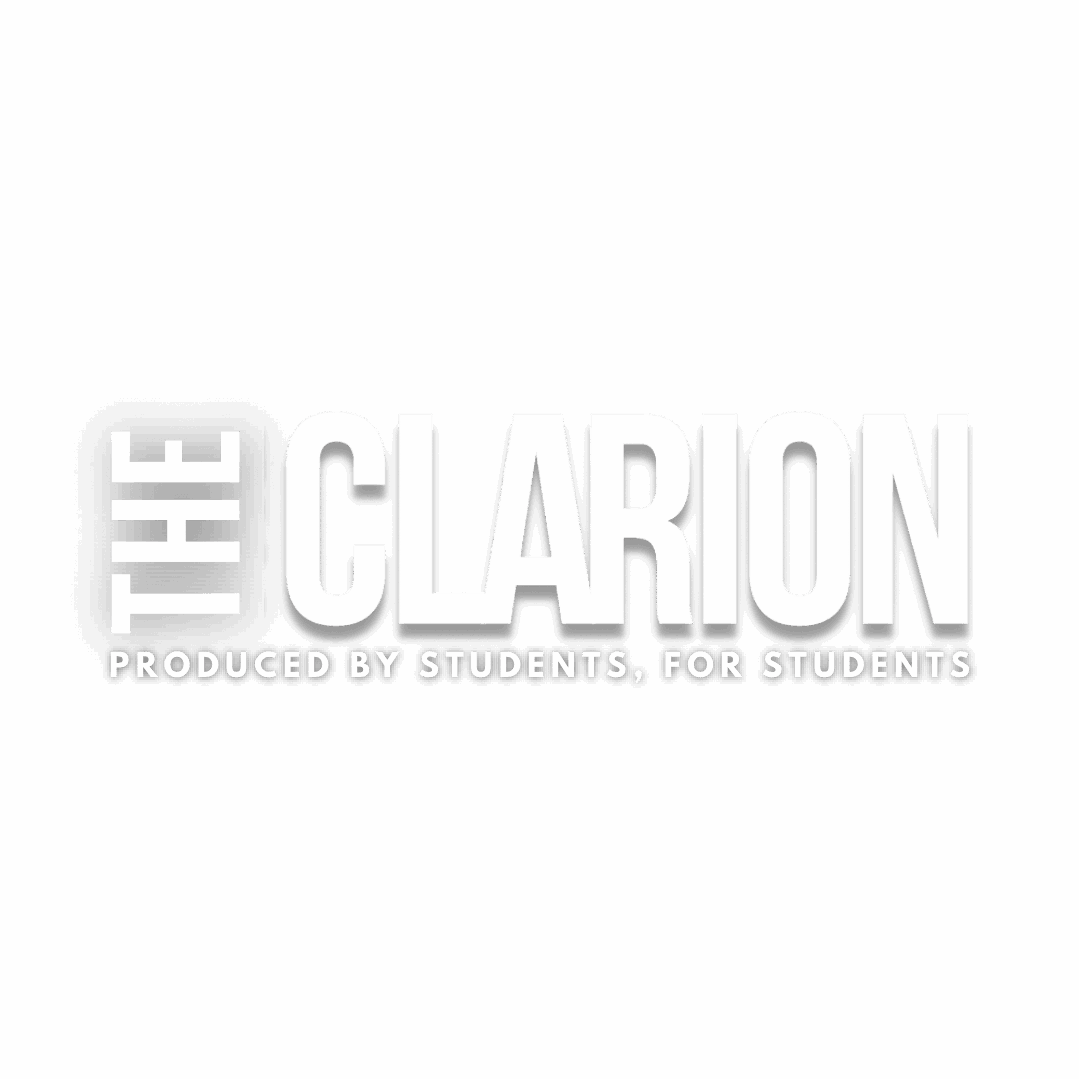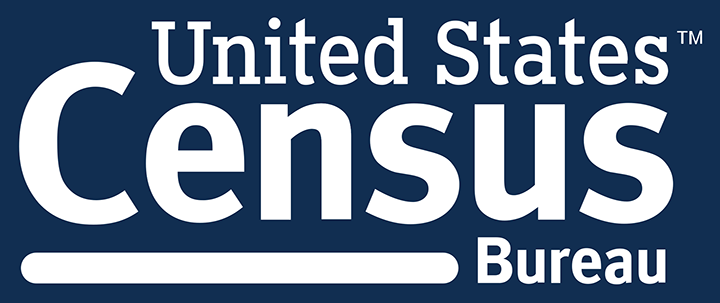What is the Census? Is it some annoying person knocking on your door to try and get into your personal business? Is it the government trying to get a head count on those who are illegal? Or is it a way for your city to show the diversity within that is at times overlooked?
The Census is an official count or survey of a population, typically recording various details of individuals. The truth is that the Census is a tool to show what races, groups and ethnicities live in a city. This is in efforts to provide grants and other benefits that may be needed for the city and residents to thrive.
I most recently had the opportunity to attend a meeting for the 2020 Census. Yes, I said 2020 Census. The Census comes once every 10 years and unfortunately for the last few times, Dayton has been underrepresented.
This is due to a lack of information or misinformation on behalf of many that were counted or refused to be counted. The mission of the 2020 Census is to correct that.
At the meeting I attended, there were city developers, state representatives, community leaders and local affiliates attending; all with ties to the city of Dayton.
These leaders took time out of their busy day to come to the downtown Dayton library to brainstorm and discuss the upcoming Census. They wanted to try and help everyone who lived here to the best of their abilities.
The thing that seemed to be holding many back from fully embracing the Census was what it meant for the people they represented. I felt honored and privileged to be among these important figures of Dayton. One objection was that they didn’t trust or know those who were handling the Census.
The solution resulted in more awareness and activities/programs, where people in certain neighborhoods could come out and be a part of the Census without feeling that their privacy was violated.

Next was how do you make this Census have the best turn out possible? The solution was getting the youth involved by informing them that the Census affects them more than they know since it helps keep the cost of living down by giving grants and funds to programmes and establishments that affect them.
Most of all it allows them to be included in the process of being heard and counted in the U.S. population which they sometimes feel like they’re not.
The last big question was the technology gap, which affects the more mature and experienced population over the age of 50 years old. The upcoming Census will aid them with their lack of experience in how to work technology such as tablets, smartphones, websites and apps.
The solution to me was very simple. Those youth who wanted to get involved with the Census could help by doing a workshop in technology for mature individuals. They could learn all the fundamentals and then, in turn, the mature census would teach their friends all that they have learned.
The Census is not a scary form of government control or a way to round up illegal immigrants as some may fear. It is a true way for the government to get an accurate account of the people in areas that are either looked over, not thought of or forgotten altogether.
The Census is here to help the people. The only question you have to truly ask is, are you?
Justin A. Baker
Staff Writer

